Executive Insights: Daniel Kline, Delancey Street Capital
Daniel Kline, founder of Delancey Street Capital, talks about the Baltimore Class B and C multi-family market.
By Adrian Maties, Associate Editor
While many investors and developers are focused on Class A apartments in the Baltimore area, some companies see value in Class B and C acquisitions. One such company is Delancey Street Capital. This P hiladelphia-based entrepreneurial real estate investment and development company is searching Maryland, Pennsylvania, New Jersey and Delaware for well-located multi-family properties that are in need of rehabilitation and are available at a discount to replacement cost.
hiladelphia-based entrepreneurial real estate investment and development company is searching Maryland, Pennsylvania, New Jersey and Delaware for well-located multi-family properties that are in need of rehabilitation and are available at a discount to replacement cost.
In the 12 months ended in July 2014, Delancey Street Capital closed on more than $35 million in multi-family acquisitions in the Mid-Atlantic region. Its latest Baltimore acquisition was the Sail Cloth Factory Apartments, for which it paid $12.9 million. The company owns three other properties in the area: Hampton Court Apartments, Park Gardens and the Madison.
Daniel Kline founded Delancey Street Capital at the start of 2013. A graduate of The Wharton School of the University of Pennsylvania, holding a Bachelor of Science in Economics degree with concentrations in Real Estate and Finance, Kline was previously vice president of acquisitions and asset management at Morgan Properties, an owner and operator of Class B apartments in the Mid-Atlantic region. He also worked at Equilibrium Equities Inc. and Credit Suisse.
CPE: Can you tell us more about your company’s strategy to acquire Class B and C multi-family properties?
Kline: We believe that Class B multi-family is the right place to invest, due to the opportunity to buy properties below replacement cost that generate significant yield and have a captive renter base. Class B continues to have tremendous downside protection when compared to Class A.
CPE: How much competition do you encounter for these properties?
Kline: There is always tremendous competition for multi-family assets. Our competitive advantage is that we control fully discretionary equity and have established a track record of moving extremely quickly to close acquisitions. We are not afraid to tackle bankruptcies, environmental issues, tax issues, deferred maintenance, poor occupancy and other management issues that scare off other buyers.
CPE: Why has Delancey Street Capital chosen to expand in Baltimore, and what kind of opportunities do you see there for expansion?
Kline: The Baltimore MSA has historically had high rent growth and job growth, and has the same supply constraints as other Mid-Atlantic markets.
CPE: What is the state of Baltimore’s Class B and C multi-family market? Are there specific submarkets that promise growth opportunities? Are many properties trading hands?
Kline: We buy based on valuation, not future growth, so any submarket can make sense for the right price. We have invested in submarkets in Baltimore with proximity to the various universities, and in proximity to train stations with commuter trains that go to Washington, D.C.
CPE: We already know about four of your multi-family properties in the Baltimore area: the Sail Cloth Factory Apartments, Hampton Court Apartments, Park Gardens and the Madison. Are there any more?
Kline: We’re extremely pleased to have closed on four apartment communities in the first year-and-a-half since I started Delancey Street Capital, and we are looking forward to acquiring more apartment communities in the Baltimore metropolitan area.
CPE: The $12.9 million paid for the Sail Cloth Factory Apartments is the largest sum paid by Delancey Street Capital for a single property in the Baltimore area so far. Do you expect to make even larger investments in the future?
Kline: Without a doubt, we will continue to grow and make larger investments if the numbers make sense. We are currently looking at a couple of deals in the $5 million to $20 million price range, but we have the capital to easily purchase a $30 million-plus deal.

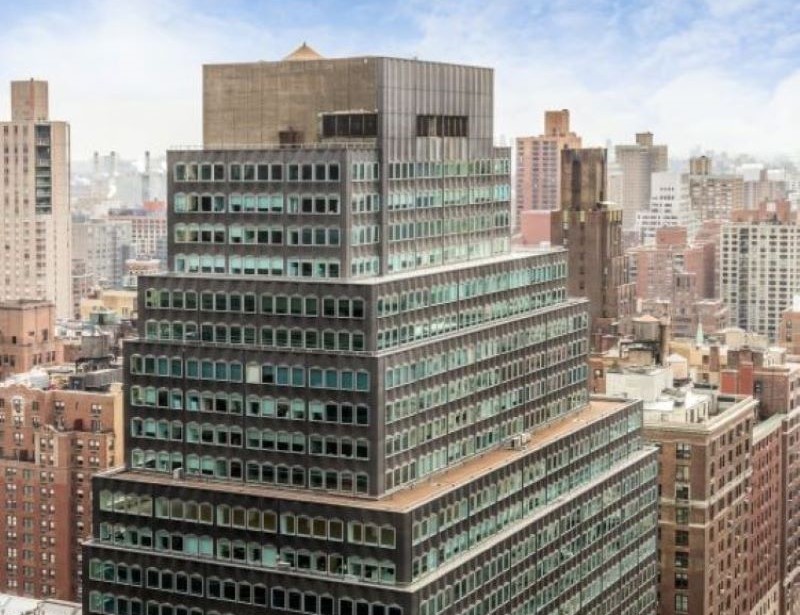

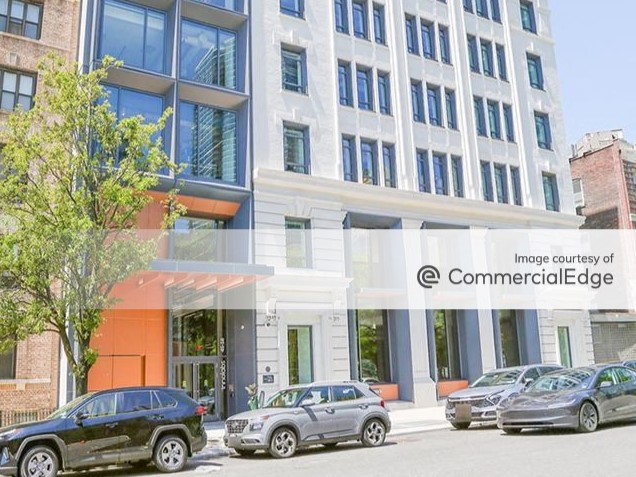
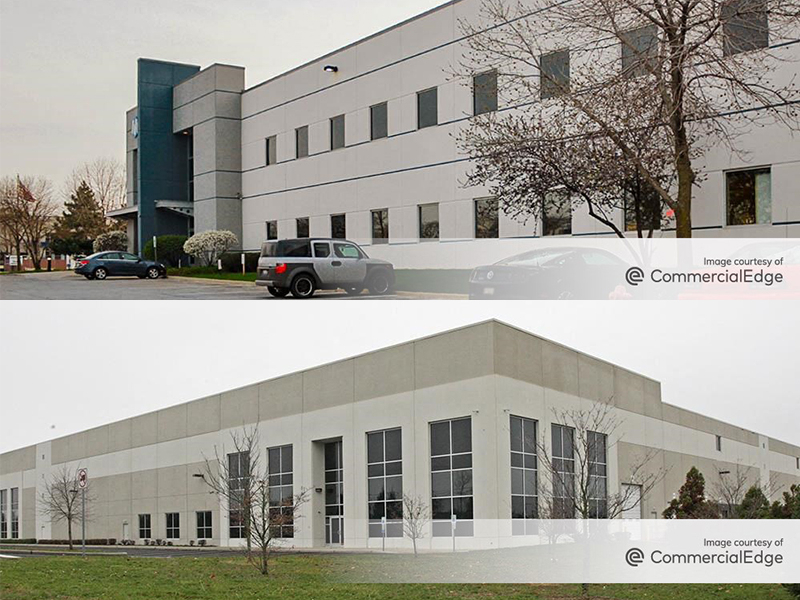
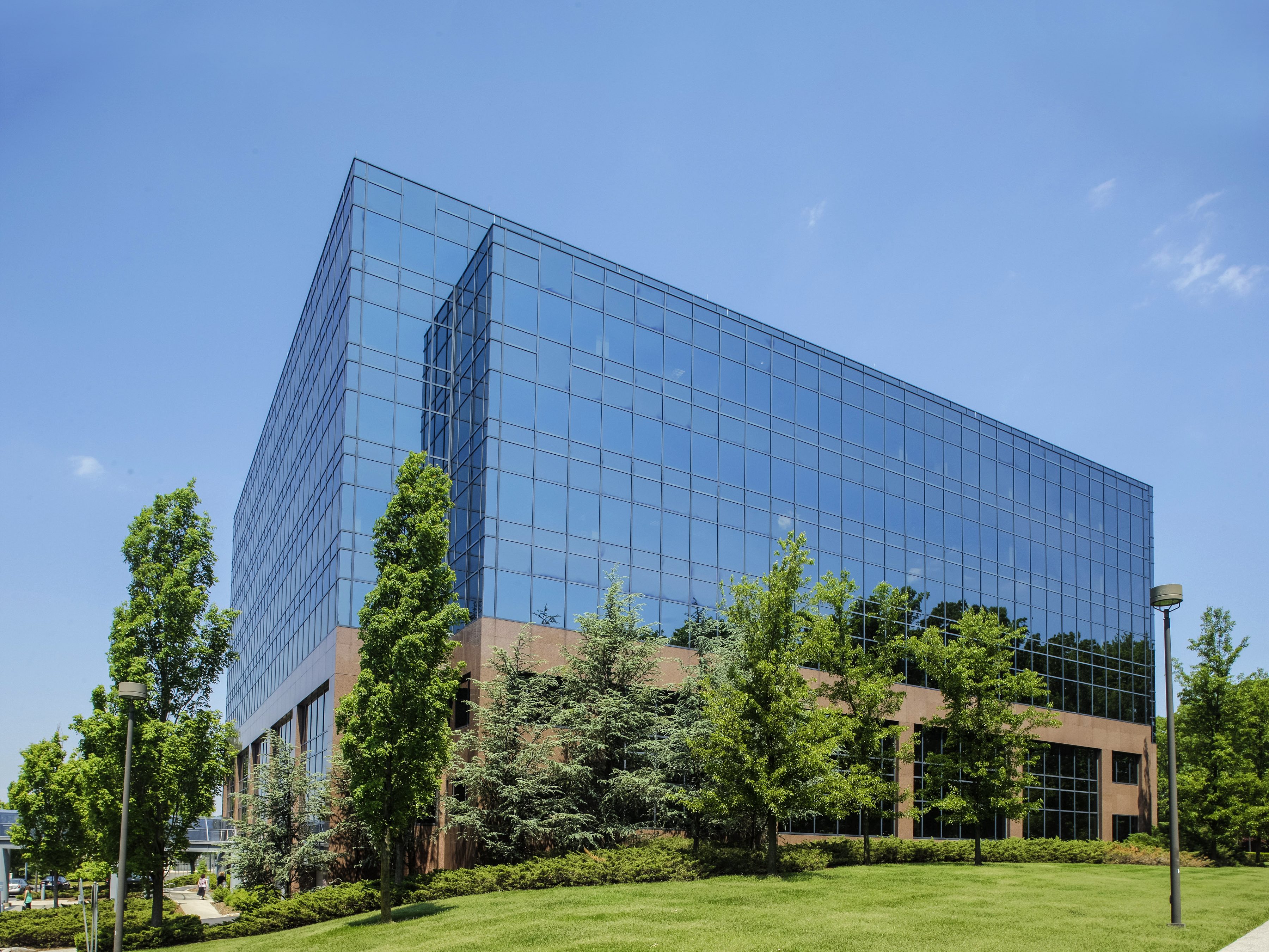
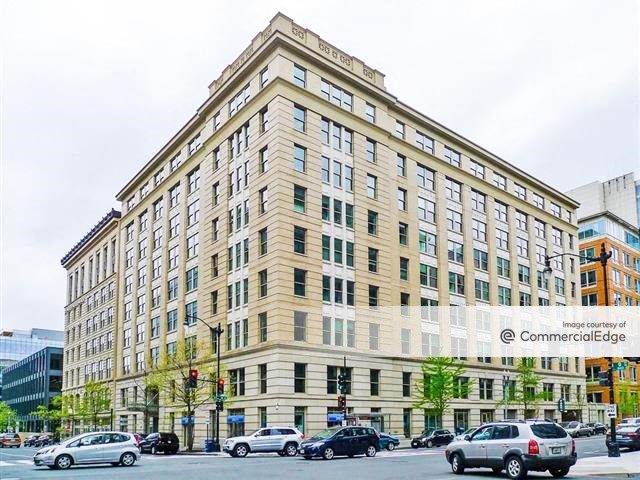
You must be logged in to post a comment.